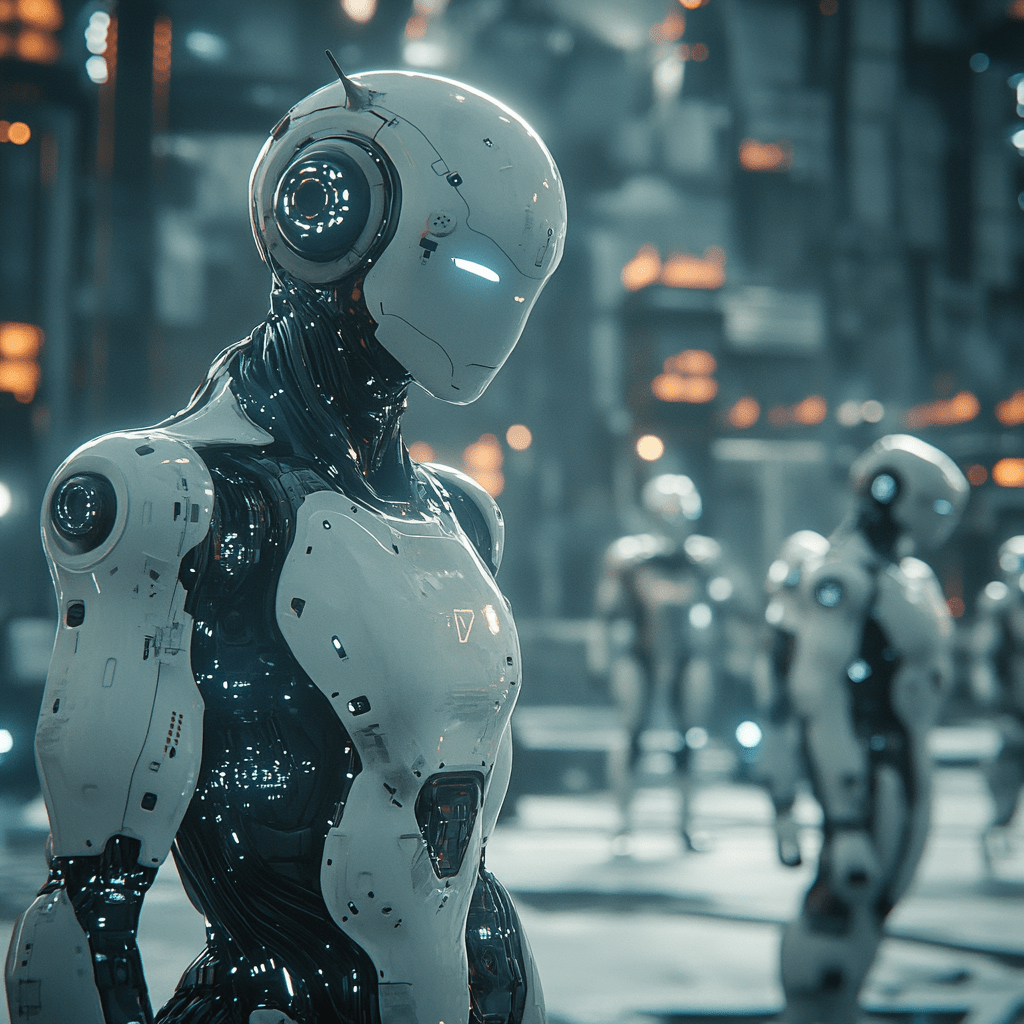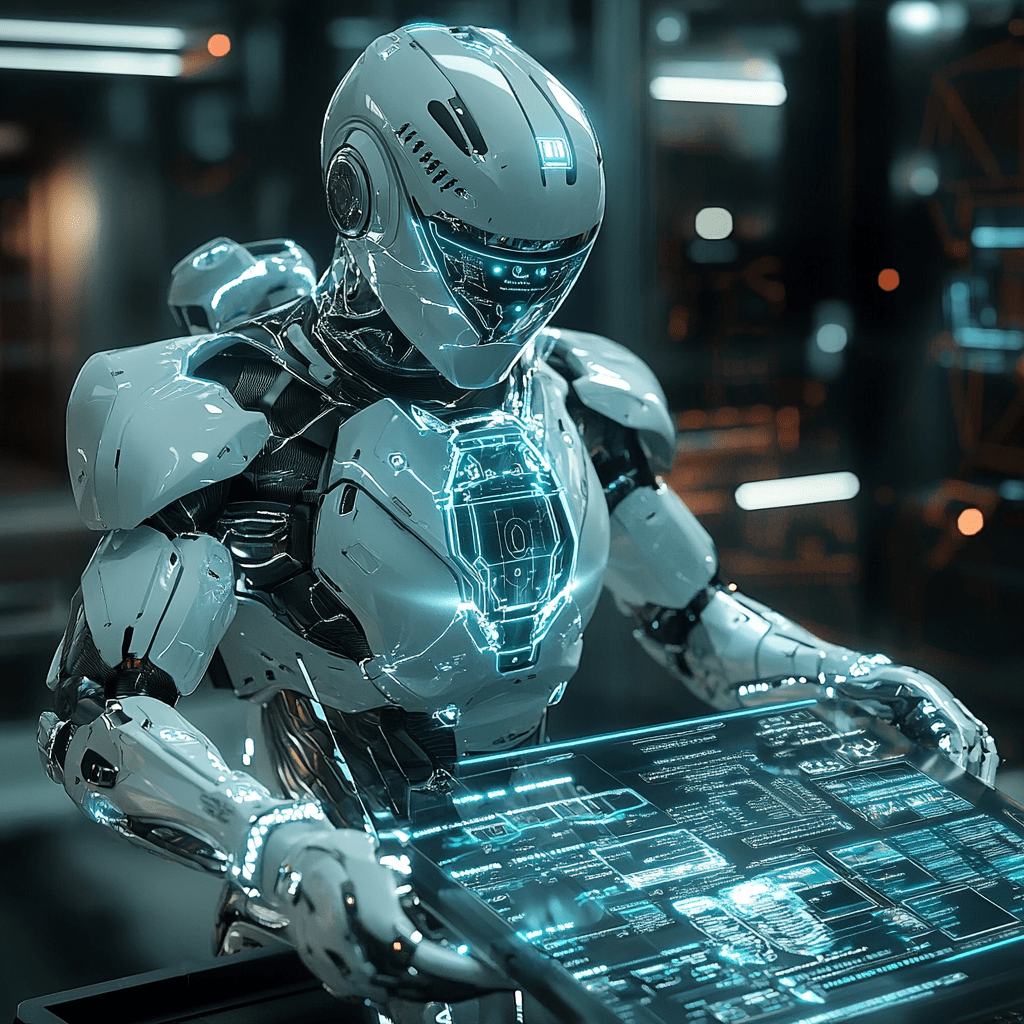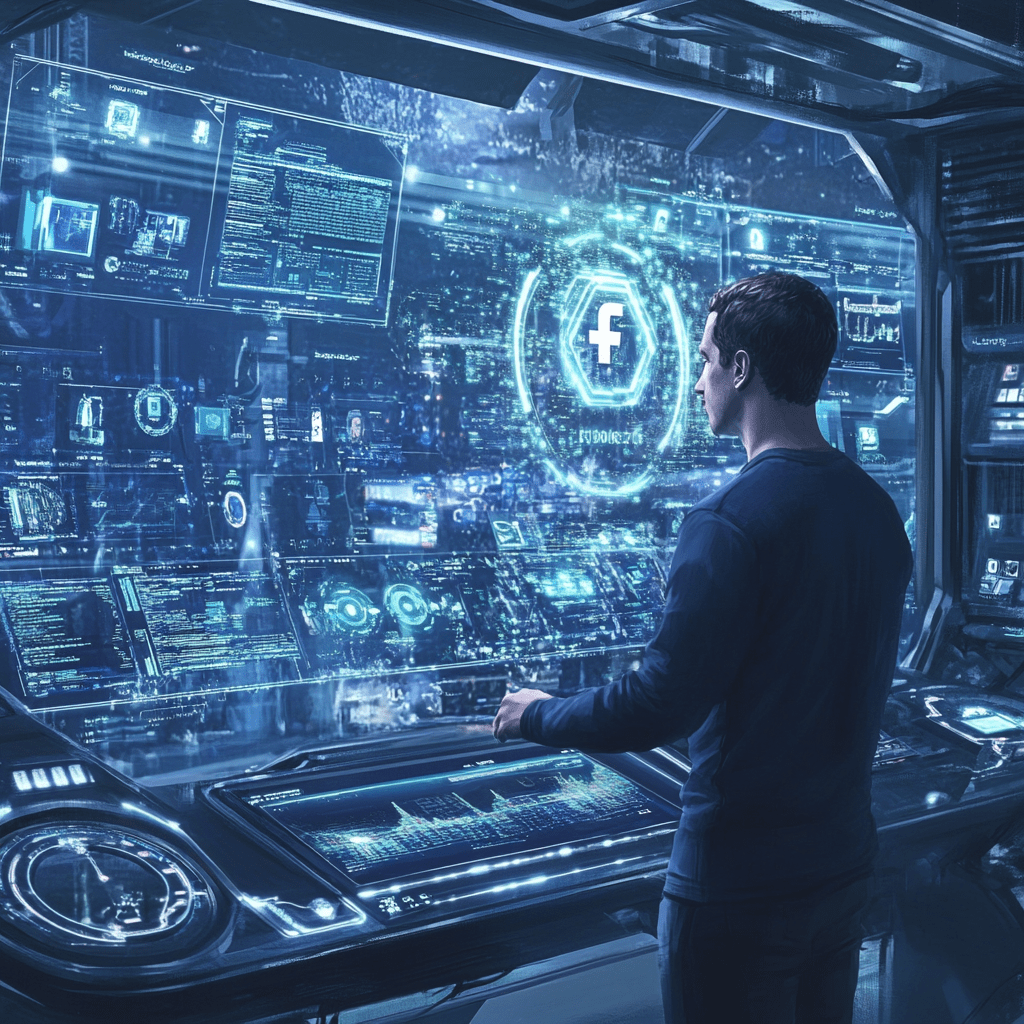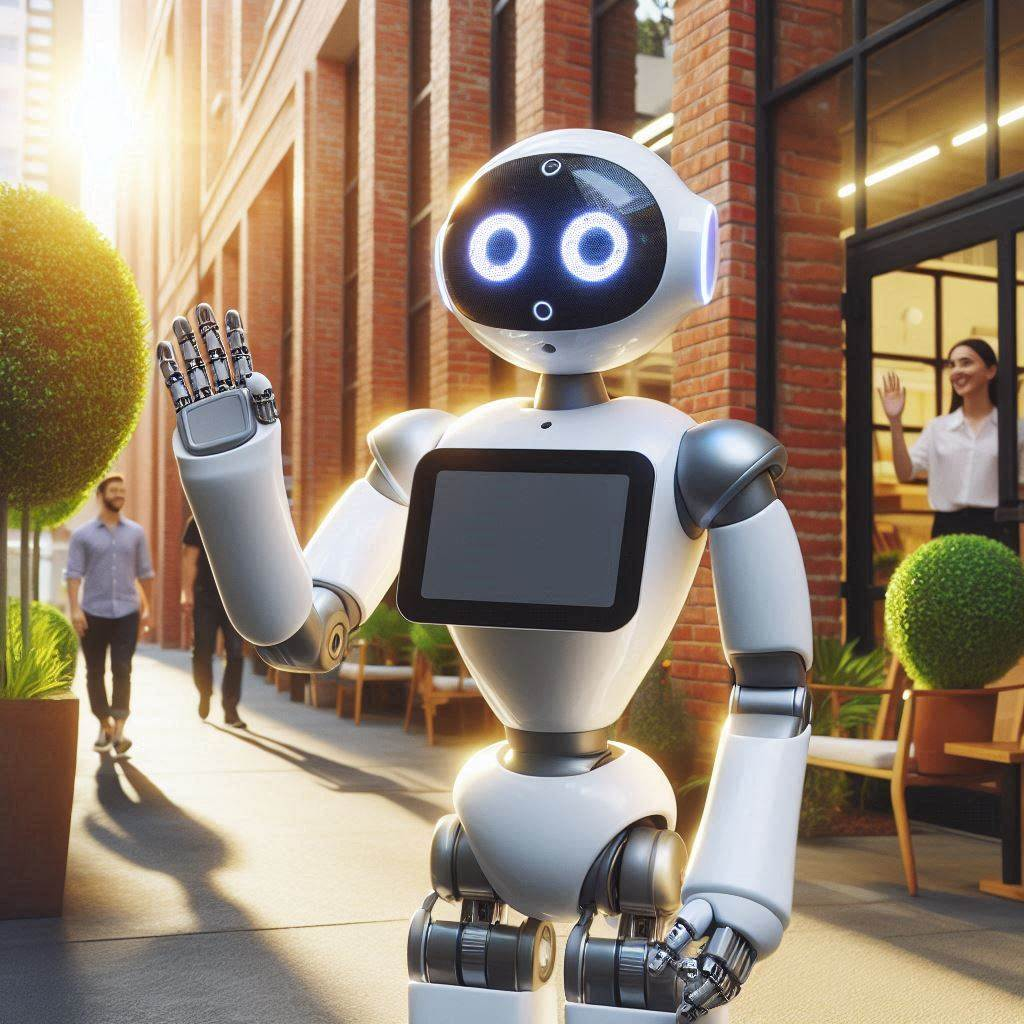Robo-Revolution: The Future of Generalist AI in Autonomous Machines
In the ever-evolving landscape of artificial intelligence (AI) and robotics, the development of generalist AI models promises a transformative shift in how machines operate and interact with their surroundings. This shift is akin to the evolutionary leaps observed in nature, where organisms like raccoons and grizzly bears demonstrate remarkable adaptability. Just as these animals thrive in diverse environments, generalist AI models are being designed to perform a range of functions, learning and adapting as they go. This innovative approach represents a marked move away from traditional robots, which have been typically limited to specific, pre-programmed tasks.

One pioneering company driving this revolution is Physical Intelligence (Pi), a San Francisco-based startup at the forefront of developing generalist AI models for robotic applications. Unlike conventional AI models that enhance narrowly defined capabilities, Pi envisions a future where a single AI can imbue existing hardware with the ability to execute a wide array of autonomous functions. Their generalist AI model, π0 (pi-zero), showcases this versatility by managing tasks as varied as folding laundry, bussing tables, and executing delicate operations like packing eggs or grinding coffee beans.
The Technology Behind Generalist AI Models
The success of Pi’s approach lies in its foundational model’s architecture, which notably integrates extensive pre-training with vision-language models (VLMs) combined with continuous action outputs utilizing a novel flow matching technique. This allows π0 to output motor commands at the impressive frequency of up to 50 times per second, providing the dexterity needed for complex tasks that mimic human-like fluidity and precision.
Pi’s model is trained on a comprehensive dataset comprising over 10,000 hours of dexterous manipulation data, covering multiple robotic configurations and 68 diverse tasks. What distinguishes π0 from other AI models is its unique ability to learn from a blend of visual, linguistic, and action-based data. This multi-faceted approach resembles the learning processes found in nature, where a generalist species adapts to environmental changes by processing diverse types of information, thus enhancing its survival capabilities.
Advancements and Implications in the Field
The work being done by companies like Pi reflects a broader trend within the tech industry towards developing AI that is not only intelligent but also adaptable and versatile across various real-world tasks. This movement signifies a paradigm shift away from the creation of specialized robots tailored for niche applications towards building robust, intelligent systems proficient in multitasking and cross-functional operations.
The implications of such advancements are profound across multiple sectors. For instance, in manufacturing, the introduction of generalist AI could revolutionize production processes, enabling robots to seamlessly transition between tasks and thereby boosting efficiency and reducing downtime. This capability is transformative, allowing for more flexible and adaptive production systems that can adjust rapidly to new workflows or changes in demand.
Furthermore, in the consumer market, these developments pave the way for sophisticated home robots capable of managing household tasks. Imagining a future where robots can undertake cleaning, cooking, organizing, and maintaining homes evokes the vision of ‘Rosey the Robot’ from The Jetsons becoming a reality. These advancements could significantly enhance quality of life by handling time-consuming chores, allowing people more leisure time and the ability to focus on more meaningful activities.
Challenges Facing Generalist AI Development
Despite their potential, the road to the widespread adoption of generalist AI in robotics is fraught with challenges. Perhaps the most formidable of these is the substantial cost and time investment required to adequately train these models using physical world data. To mitigate these issues, Pi’s co-founders, Karol Hausman, Sergey Levine, and Brian Ichter are making strides in overcoming these hurdles by striving to enhance the generalization capabilities of their AI models.
Their strategy involves leveraging vast amounts of internet-scale data for the initial pre-training phase, followed by targeted high-quality robotic manipulation data during the post-training phase. This approach allows the models to gain foundational knowledge broadly, which can then be fine-tuned to achieve the high levels of precision required for physical manipulation tasks.
The Broader Impact on Industries and Society
The potential benefits of these autonomous, generalist robotic systems span a wide range of industries. In sectors with significant dependence on precision and adaptability, such as healthcare, logistics, and construction, the ability for robots to autonomously handle complex tasks could dramatically reshape operational procedures and enhance productivity levels.
In healthcare, for example, robots equipped with generalist AI could assist with surgeries or manage logistics within hospitals, ensuring efficient handling of supplies and patient care management. In logistics, autonomous systems could significantly streamline warehouse operations by dynamically allocating resources and efficiently managing inventory stock levels even in highly variable conditions.
Moreover, the deployment of AI-driven systems in scenarios deemed too hazardous or monotonous for human workers further emphasizes their value. Tasks involving toxic environments or repetitive manual labour could be transferred to robots, enhancing safety and productivity, reducing risk exposure to human workers, and potentially decreasing occupational health hazards.
Ethical Considerations in Autonomous Robotics
As AI technology rapidly advances, it is vital to address the ethical considerations linked with these developments. Ensuring that autonomous systems are cultivated responsibly and with adequate safeguards against potential misuses is critical to their successful integration into society. The rise of such technologies also prompts important discourse on privacy, future employment landscapes, and the societal impact of machines capable of independent learning and adaptation.
These ethical challenges necessitate robust discussions and frameworks to uphold public trust and confidence in AI systems. Engaging stakeholders from diverse sectors in creating regulations and policies that govern the deployment and use of AI technologies will be crucial in fostering ethical principles that guard against misuse while encouraging innovation.
The Promising Future of Generalist AI
Despite these hurdles, the future prospects for generalist AI in the field of robotics remain exceptionally promising. As research efforts and technological capabilities continue to evolve, the once-distant dream of machines that seamlessly coexist with humans, augmenting our daily lives, is becoming increasingly tangible. Imagine autonomous robotic assistants that manage household chores or intelligent systems that optimise our work environments to enhance productivity and well-being.
In conclusion, Physical Intelligence’s development of the generalist AI model π0 marks a significant advancement in the evolution of robotics. By setting new benchmarks for what machines can autonomously achieve, this technology paves the way towards redefining our interactions with robotic systems. It lays the foundation for a future where AI-driven machines become essential components of everyday life, enhancing human capabilities and contributing to a more efficient and enjoyable existence.
For further insights and updates on AI and emerging technologies at the intersection of humans, consider subscribing to my FREE newsletter available at www.robotpigeon.beehiiv.com. Stay informed about the latest trends shaping the future of AI and its implications across various sectors.






